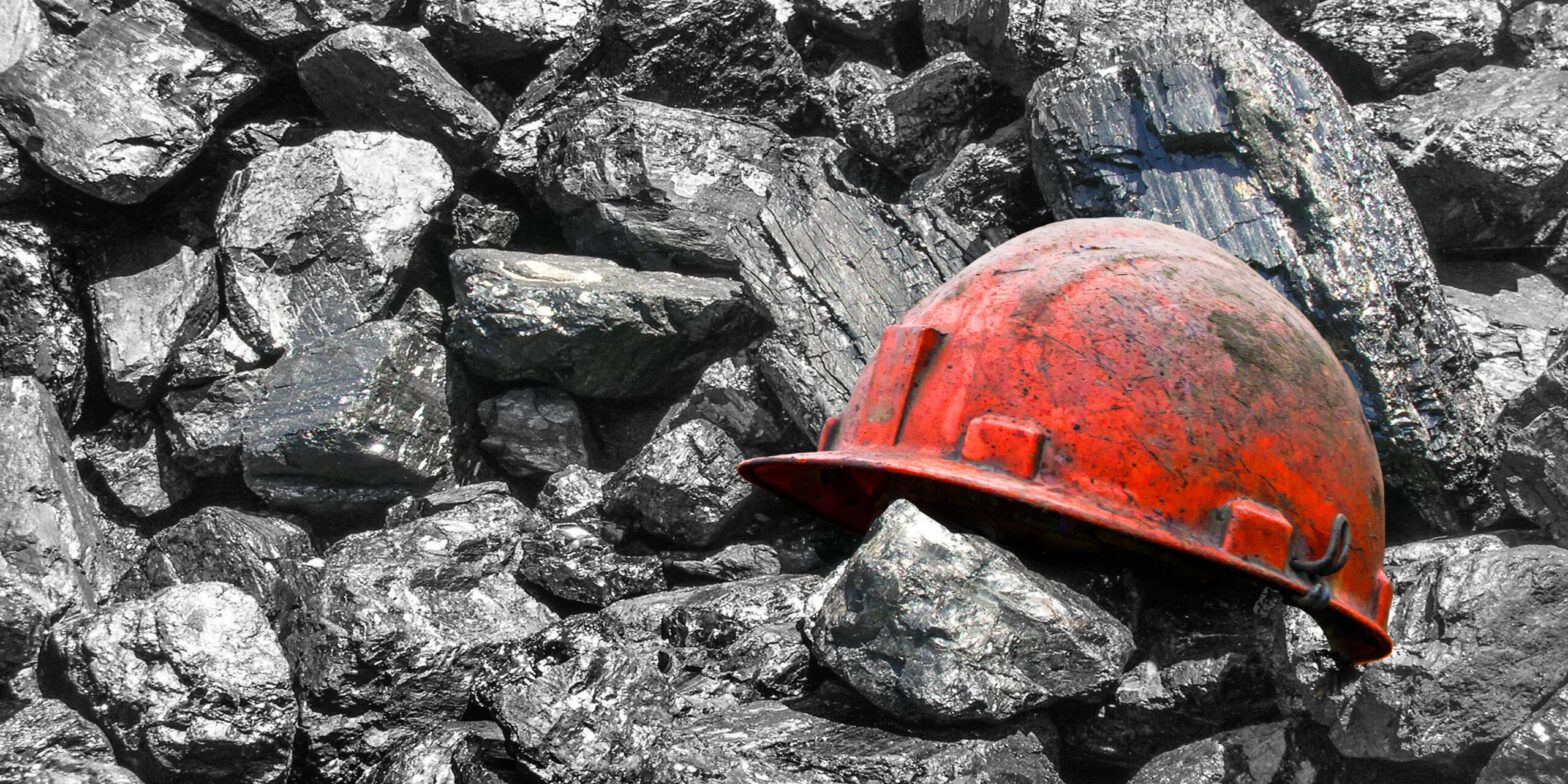The Global Investor Commission on Mining 2030 has received the support of 82 investors with more than $11trn in assets under management and advice, to develop a socially and environmentally responsible mining sector by 2030.
Some of the world’s leading asset owners and fund managers have come together to support the Global Investor Commission on Mining 2030, also known as the Mining 2030 Commission.
From the UK these include Scottish Widows, which manages $206bn on behalf of investors, the Universities Superannuation Scheme ($109bn), LGIM ($1.47trn), abrdn ($467bn) and Aviva ($270bn).
From around the world the Commission has gained support from Dutch fund APG-AM ($589bn), Canadian fund CDPQ ($309bn), US fund Calstrs ($307bn), South African manager Ninety One ($175bn) and the Australian Council for Superannuation Investors (ACSI – whose members have $1trn in AUM).
Advised by the United Nations Environment Programme and backed by the Principles for Responsible Investment, the membership of the Mining 2030 Commission includes representatives from communities, intergovernmental organisations, civil society, academia, law, unions, the mining industry, banking, insurance and investors among others.
Members of the Mining 2030 Commission are to meet monthly, and the 24 commissioners represent a broad cross-section of geographies and mining stakeholder groups.
Commissioners from organisations range from the European Bank for Reconstruction and Development, ING Bank, mining company Newmont, the Indigenous People’s Advisory Forum, IndustriALL Global Union, London Stock Exchange Group and the Brumadinho community.
As commissioners they will contribute to the development of a vision for the future of mining that will specifically consider how investors value, invest and steward the sector to meet future demand in a socially and environmentally responsible manner.
Adam Matthews, chair of the Global Investor Commission on Mining 2030 and chief responsible investment officer of the Church of England Pensions Board, said the Mining 2030 Commission “presents a unique opportunity” to consider “how investors value, steward and invest for the long term”, in a sector whose time horizons “are multi-decadal and often at odds with short term investment pressure”.
Matthews added: “Twinned with this will be a consideration of the role of investors in supporting the alignment and consolidation of best practice standards on the key issues that challenge the sector as well as the role of addressing existing and future conflict that can be caused or exacerbated by extraction.”
Brumadinho mining disaster
The Brumadinho dam disaster occurred on 25 January 2019 when a tailings dam at the Córrego do Feijão iron ore mine suffered a catastrophic failure, releasing a mudflow that overwhelmed the mine’s headquarters, including a cafeteria during lunchtime, houses, farms, inns and roads, killing 270 people.
The dam, located 9 kilometres (5.6 mi) east of Brumadinho in Minas Gerais, Brazil, is owned by the mining company Vale, which was also involved in the Mariana dam disaster of 2015.
Angélica Amanda Andrade, member of the community of Brumadinho and Mining 2030 Commissioner, said: “Hailing from Brumadinho and having personally experienced the devastating impacts of a tailings failure, I understand the critical need for robust, transparent, and effective communication in mining operations.
“As we embrace the energy transition, it is imperative that we do so with a keen awareness that further social or environmental harm is unacceptable; and that communities need to be considered not solely as beneficiaries but as active partners both in terms of disaster prevention and benefit sharing.”
Ed John, executive manager for stewardship of ACSI, said the Global Investor Commission “can play a critical role” in improving the adoption of operating standards in the mining sector, and “improving the social license and reducing the environmental impact of the sector will be key to its long-term success”.
George Cheveley, portfolio manager, Ninety One, said: “Mining has never been an easy industry. However, if the energy transition is going to be successful, a significant increase in the supply of sustainably mined minerals is required.
“Only by engaging with the mining industry on multiple levels will we ensure that these minerals can be accessed while taking into account the many different stakeholders.
“This Commission is an important part of that engagement, representing many stakeholders and improving understanding on all sides of the challenges that need to be faced.”





